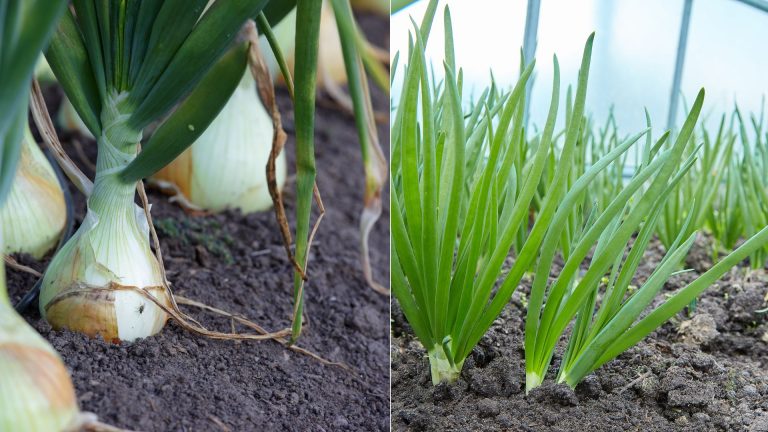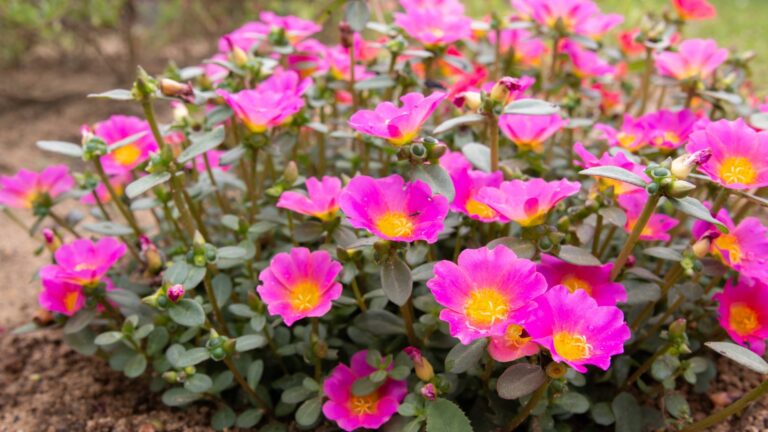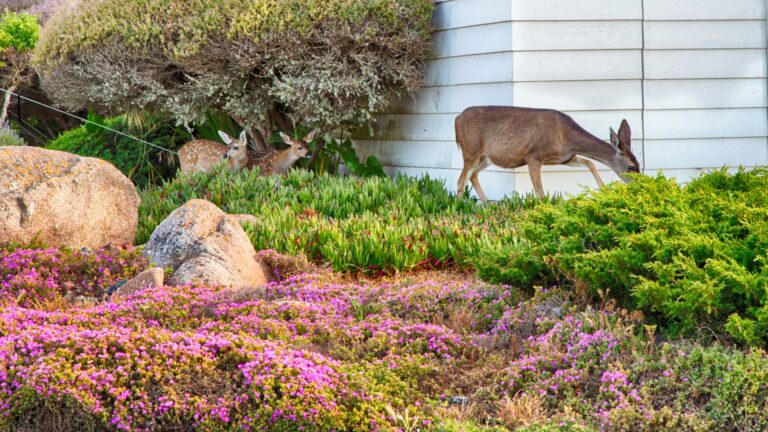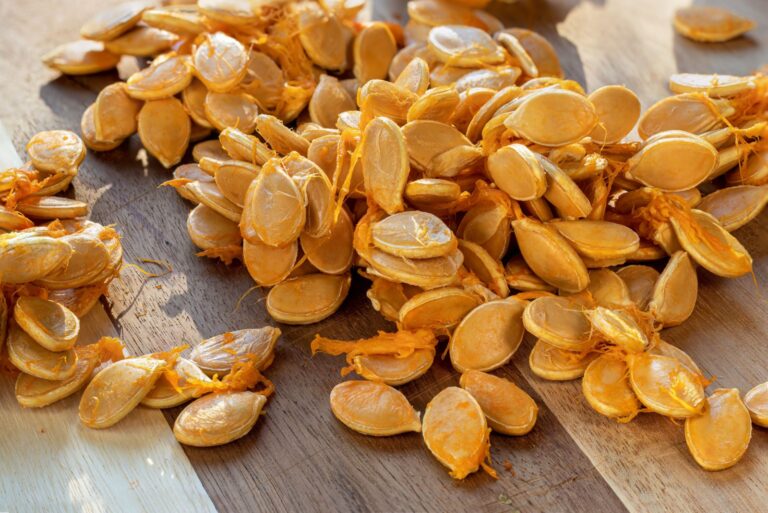Should You Fertilize Houseplants In Winter?
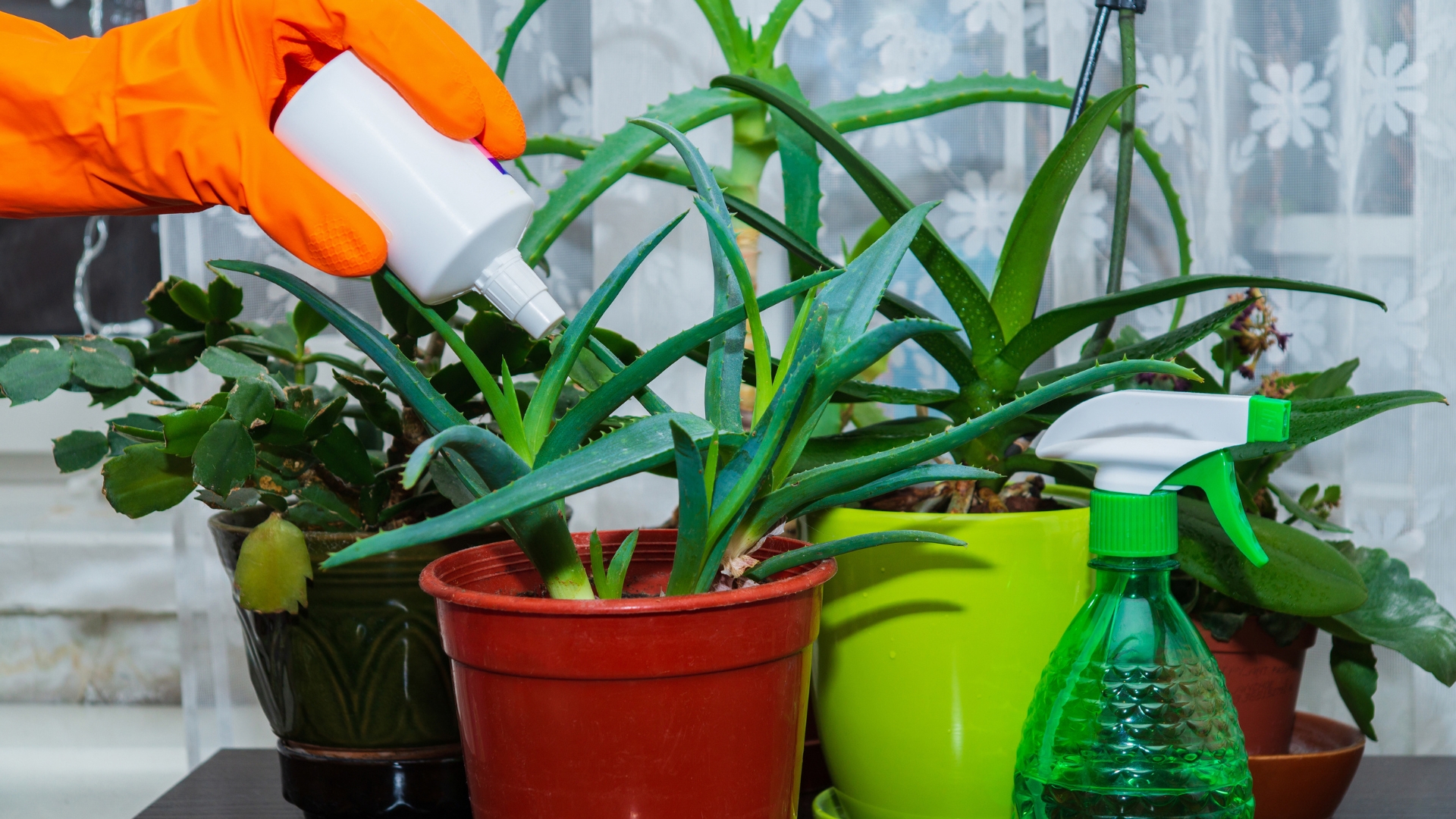
Growing plants involves many different chores, and fertilizing is one of the most important ones. This gardening technique improves the overall health of our plants, keeps their leaves shiny, and enhances blooming.
It’s recommended to feed plants during the active growing season, which is in spring and summer for most species.
But the question is should you fertilize houseplants in winter? Let’s see if your green buddies will benefit from this method.
So, Should You?
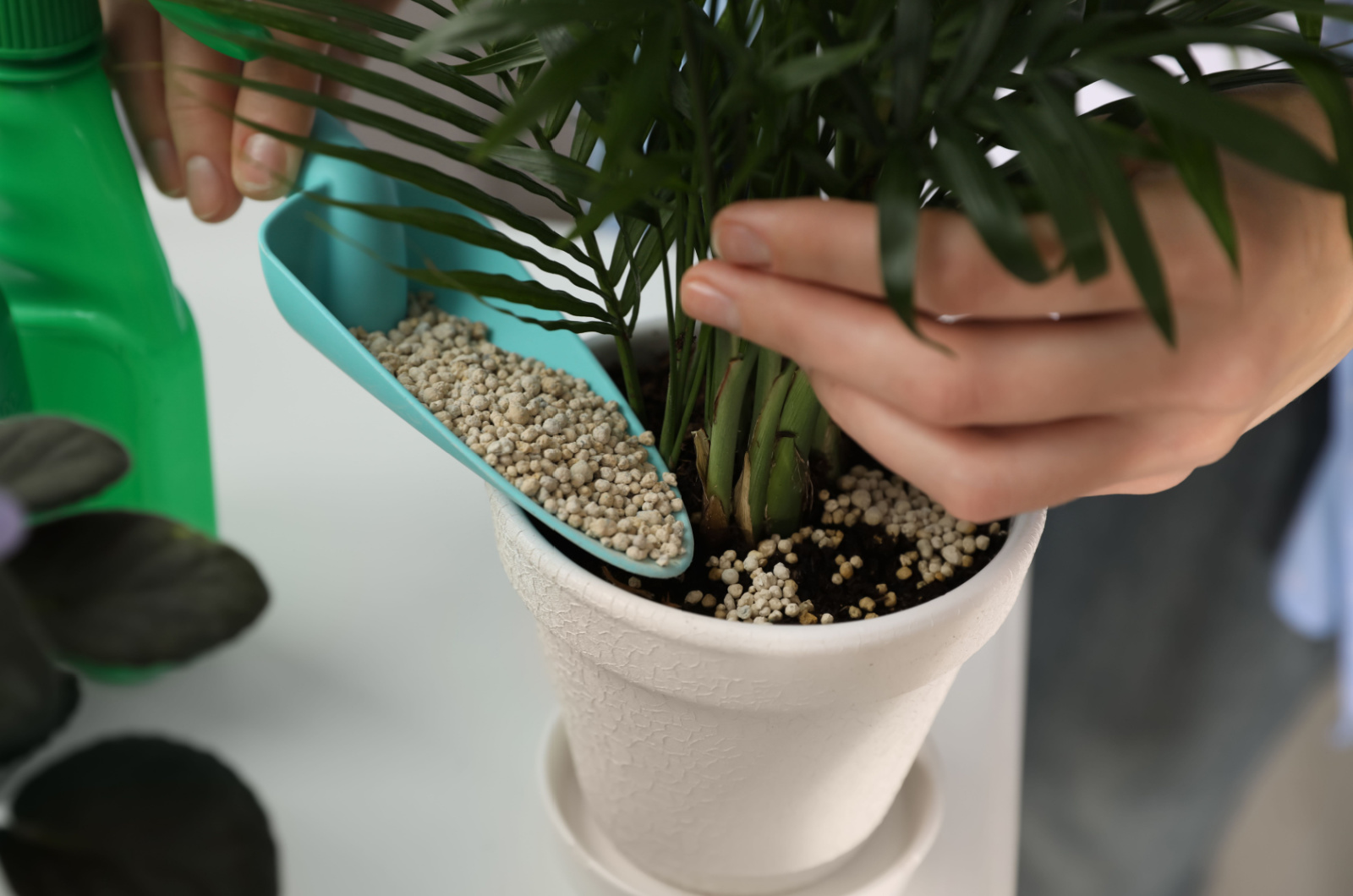
Feeding houseplants should be reserved for the warmer months or when the plants are growing actively.
There are a few reasons why fertilizing in winter is generally not recommended. First, your houseplants may not use all these extra nutrients effectively, which can lead to various issues.
The minerals can build up in the soil and cause fertilizer burn on the roots of your prized houseplants.
If your plants suffer from fertilizer burn, they’ll start displaying yellowing and wilting foliage, often followed by browning of the tips. This can affect your plants severely and stunt their growth.
Additionally, fertilizers promote foliage growth, and that can be too much for the roots to support.
Succulents and cacti are plants that can grow without feeding during the winter months.
Watering and feeding plants frequently in winter can do more harm than good, so it’s better to stay on the safe side and wait until the beginning of the growing season.
Plants That Benefit From Fertilizing In Winter
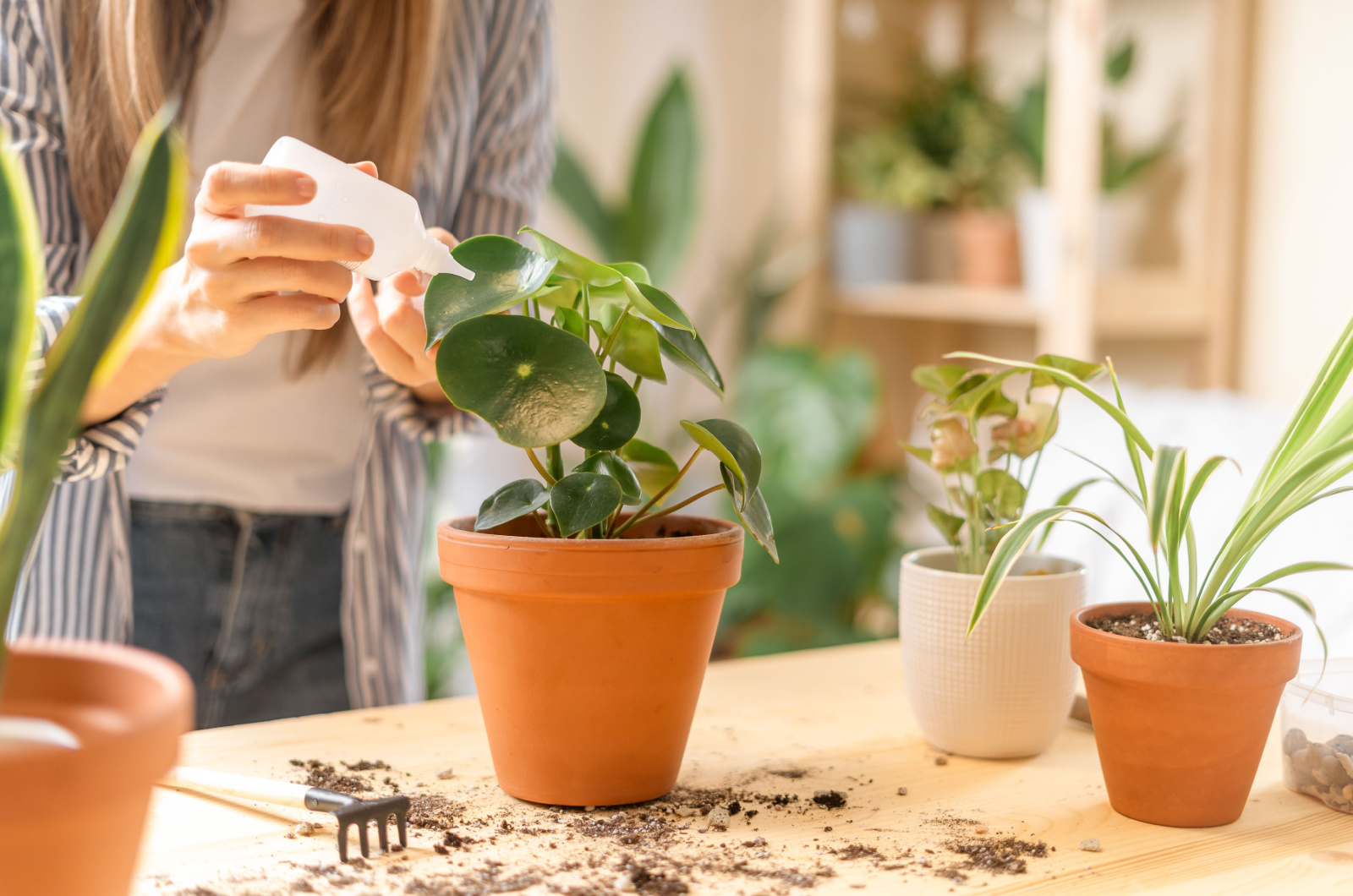
Some plants will actually need feeding during the winter months. The main reason is because these species grow actively during the colder months.
For instance, if you grow some indoor winter-flowering plants, you’ll need to fertilize them to encourage bloom production. Winter-flowering orchids, amaryllis, and cyclamen are some examples of indoor plants you should feed during cooler months.
If you grow any of these plants, I recommend feeding them with phosphorus-rich fertilizers for more flowers.
Remember that you should meet all houseplant requirements, such as light and temperature, for them to thrive. If your plant displays poor growth and it lacks light, feeding it will only make things worse.
Use artificial lights and ensure a warm environment, and if you see the plants displaying new growth, you can feed them lightly.
I have to warn you that even if your plant needs feeding in winter, it won’t benefit much from frequent fertilization. Diluting fertilizer to half strength is a great way to avoid issues in your houseplants, such as fertilizer burns.
Pay attention to the humidity needs of your houseplants and other aspects of winter care. Favorable conditions will encourage your plants to generate new growth in the spring, and you can start feeding your green buddies again.
Let your houseplants rest well and help them restore their energy and prepare themselves for the next season!

